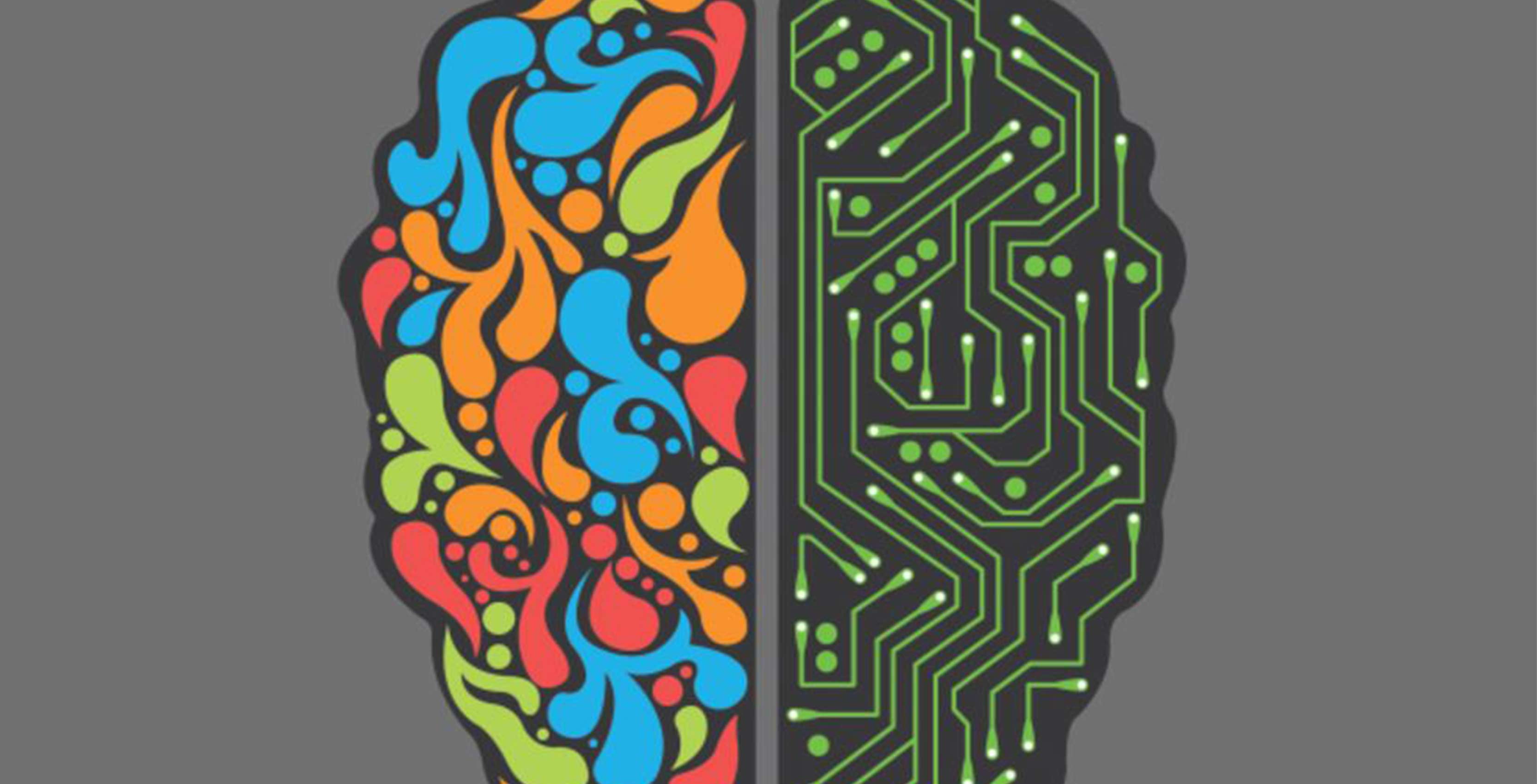
Researchers around the world are looking for ways to detect Alzheimer’s, a progressive mental deterioration that can happen at middle or old age, as early as possible. Now, it looks like a team from the University of Bari in Italy is bringing us one step closer to being able to more accurately detect the illness.
While there is no cure for Alzheimer’s, diagnosing the disease early on can help people make better lifestyle choices to slow down the progression of the disease.
Together, the team from Italy created a machine-learning algorithm that can identify structural changes in the brain caused by Alzheimer’s 10 years before symptoms appear.
The team trained the AI by feeding it data from 67 MRI scans from 38 different Alzheimer’s patients, as well as 29 scans from healthy control subjects. From there, the researchers separated the scans into different small regions and had the AI analyze the neural connections.
Once the training for the AI was completed, the team tested the initial algorithm by having it process additional scans from 148 participants. Forty-eight of the participants had the disease, while another 48 showed mild cognitive impairment which progressed into Alzheimer’s within two-and-a-half to nine years later.
The AI was eventually able to diagnose Alzheimer’s 86 percent of the time, and was able to identify mild cognitive impairment 84 percent of the time. This showed that the algorithm was able to identify changes in the brain that could lead to Alzheimer’s almost a a full decade before the symptoms would appear.
However, the researchers only had scans available from their database and were not able to test whether the AI could predict the disease even earlier.
Source: Cornell University Library, Via: New Scientist
MobileSyrup may earn a commission from purchases made via our links, which helps fund the journalism we provide free on our website. These links do not influence our editorial content. Support us here.


